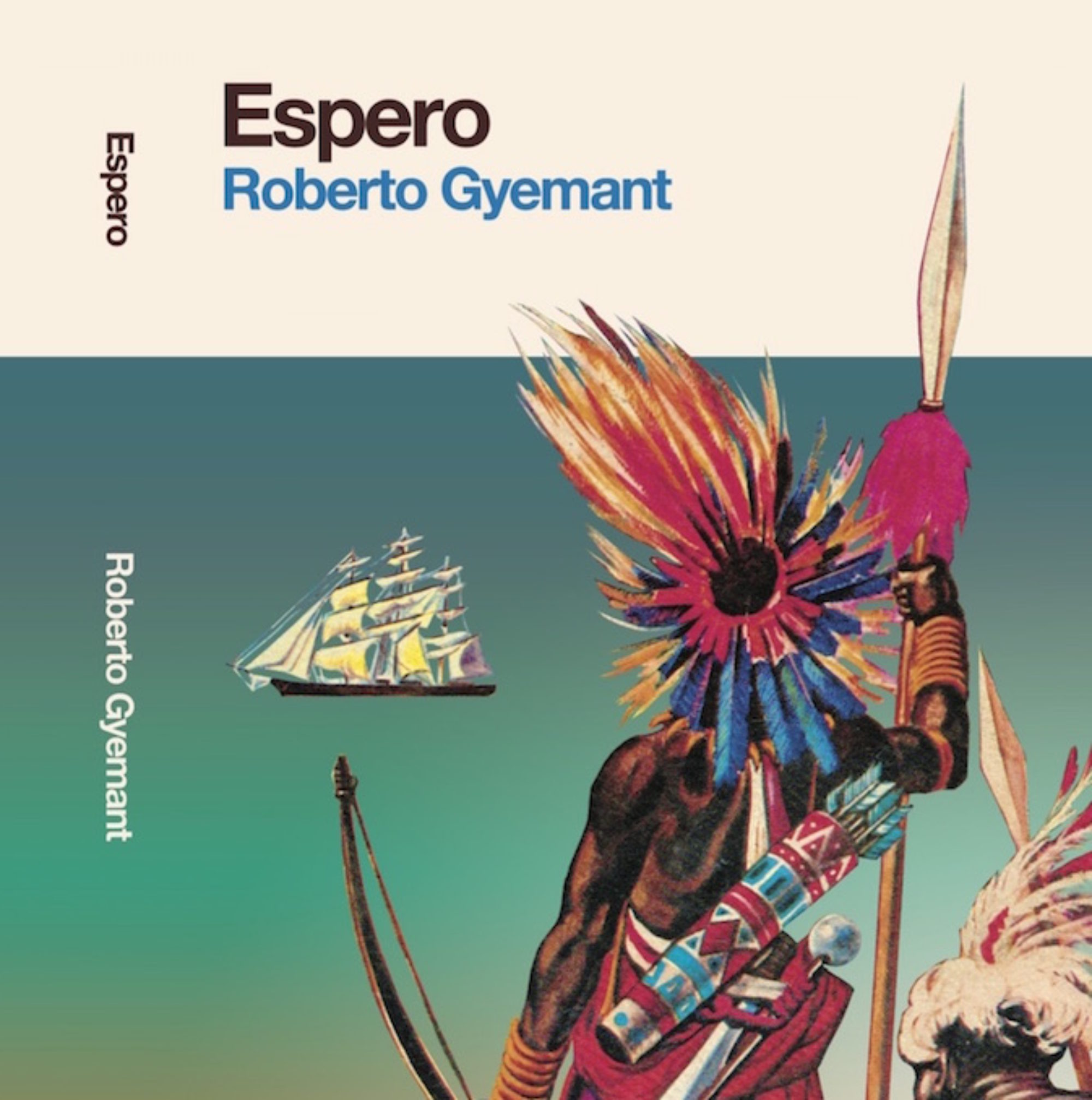Not all of my blog posts will involve versions, but many will, as I love to hear different artists from different cultures and times interpret songs that move them.
La Ruñidera (Alejandro Rodriguez) is an all-time great in the AfroCuban Canon. The first version I’m going to share below is an archetypal classic version by Cuban piano great Luis Varona, who spent time as Machito’s pianist and who Max Salazar credits with having been a key figure in the creation of “Tanga”, which he considers the first Latin Jazz song.
Varona was born in Santiago (Oriente) to musician parents – his mother was a Puerto Rican concert pianist, his father a Cuban violinist. Varona, who had moved to the US by the ’40s, has a number of excellent and hard-to-find LPs as a bandleader, and also trained many lucky musicians in the barrios of NYC, including Tito Puente, Joe Cuba’s Nick Jimenez and Gil Suarez of the Hi-Latins.
Miguelito Valdes (a personal favorite) has an excellent version of La Ruñidera that dates from the ’40s or ’50s. Just googling around Youtube I heard two versions I had never heard before, a haunting older recording by the great Antonio Machín (of El Manisero fame), and one by Spain’s Lola Flores in a Bulería style (wonder if there is a connection here, as Machín lived for many years in Spain?)
This next version is pure . With sax and almost doowop coros in the intro. I can’t recall where I found this random Gema label 45 (mine’s a white label promo, but doesn’t add any additional info), and have searched fruitlessly for information on Vitin Santiago, other releases by his Sextette. But lordamercy.
. With sax and almost doowop coros in the intro. I can’t recall where I found this random Gema label 45 (mine’s a white label promo, but doesn’t add any additional info), and have searched fruitlessly for information on Vitin Santiago, other releases by his Sextette. But lordamercy.
Finally, here is a ridiculously heavy version by the Congolese Docteur Nico and his African Fiesta, (mid ’60s?) with apocalypse horns and meandering West African guitars.
African versions of classic AfroCuban songs are a particular treat for many rumberos de corazon, for their passionate, idiosyncratic interpretations, often with little connection to the original lyrics, but with a deeply satisfying direct re-connection to the motherlands from which a huge part of AfroCuban musics originated in the first place.
Here is the short bit from Salazar on the creation of Tanga (which, by the way, was ’40s NY Latin hipster lingo for weed): http://robertoocasiofoundation.org/music-education/education/creation-of-latin-jazz/



